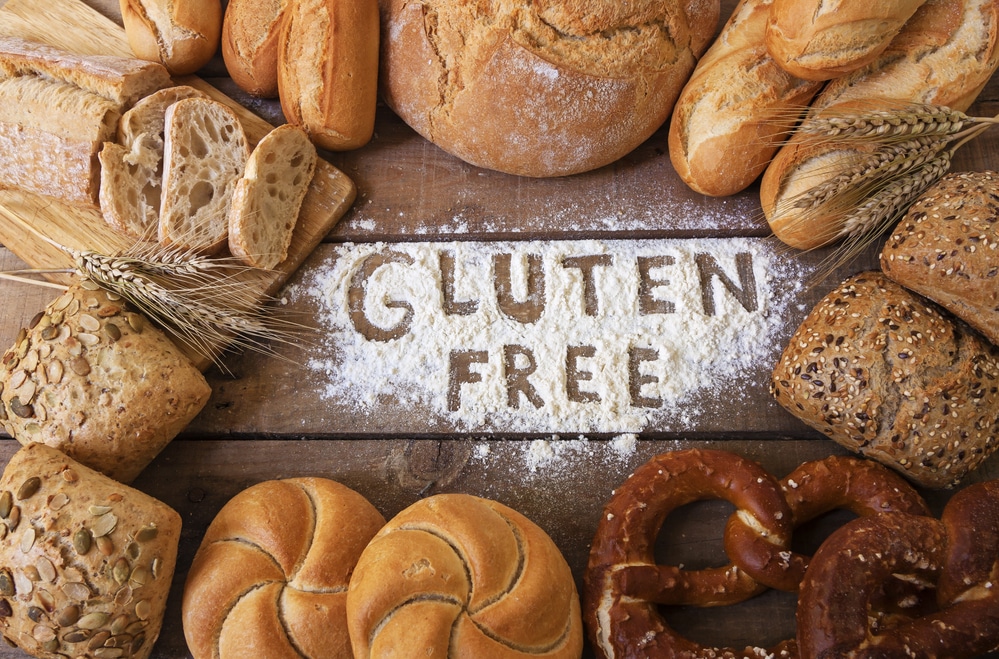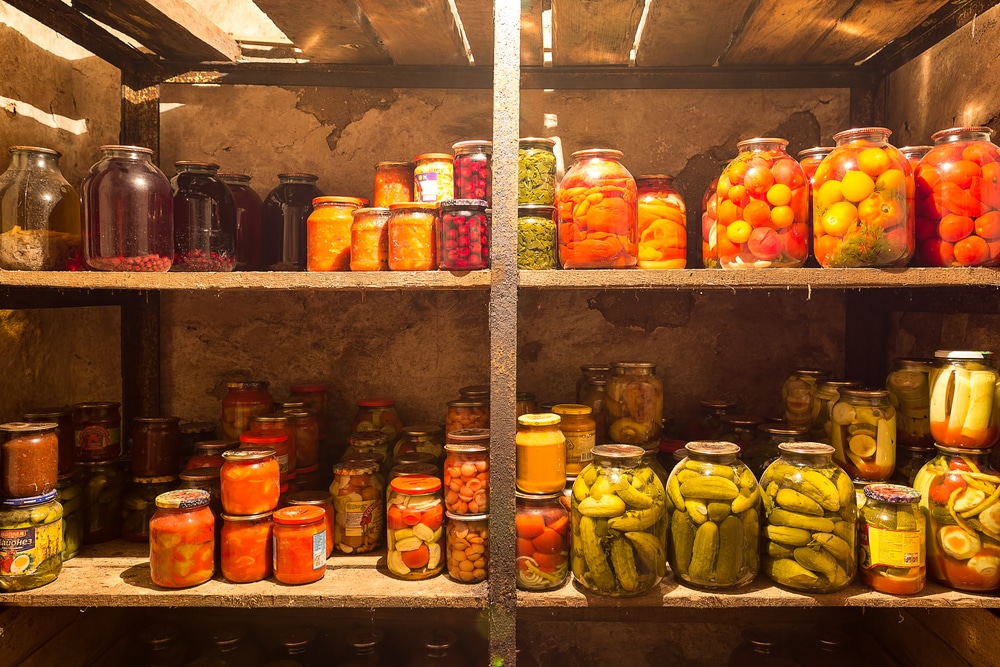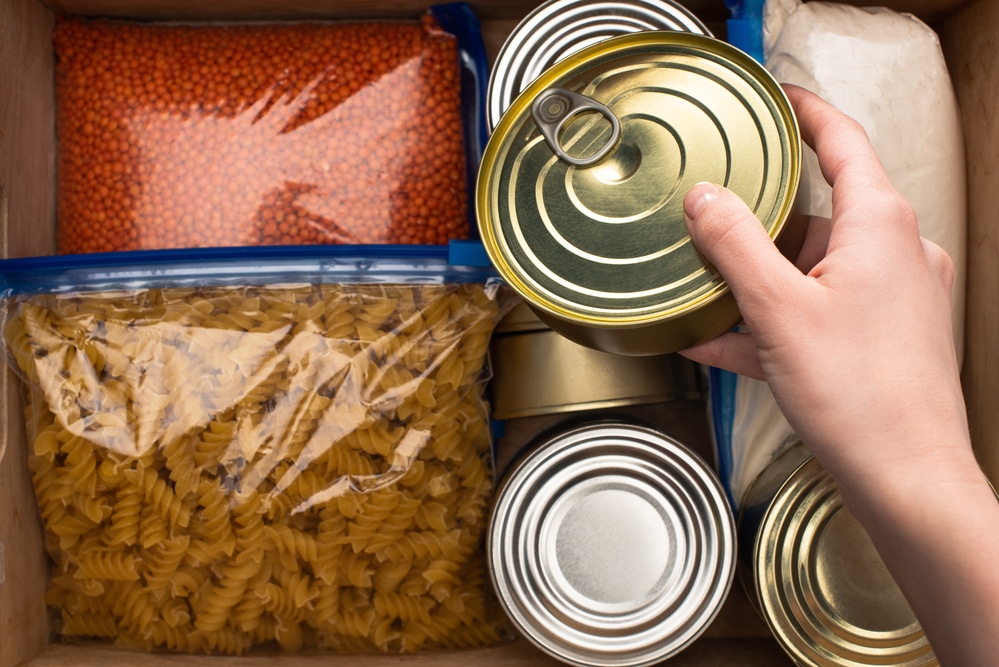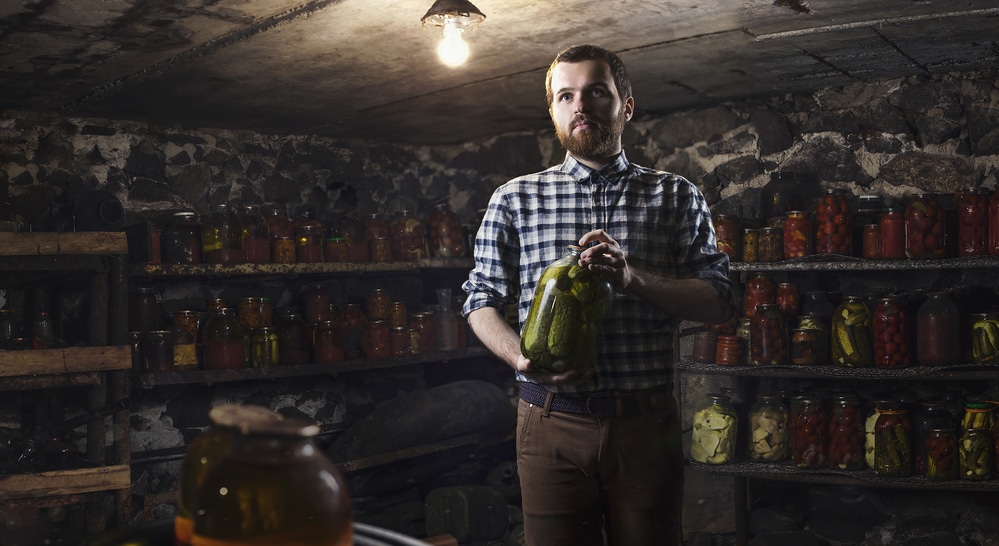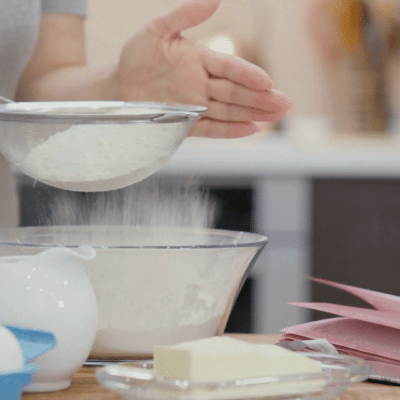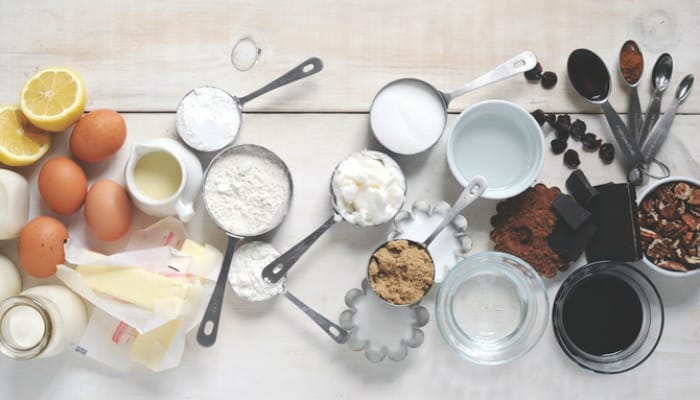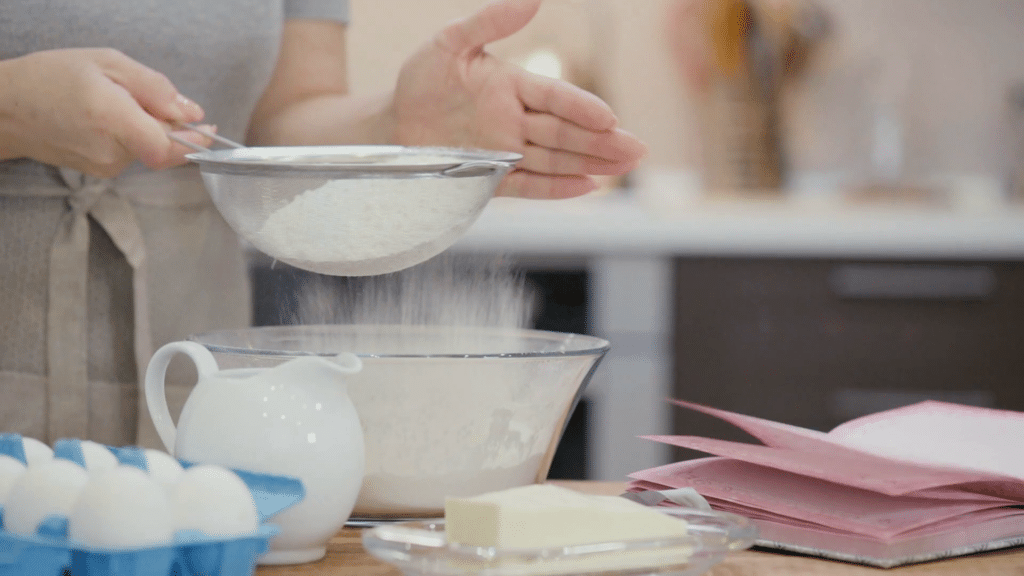If you are gluten-free, then building a long-term food storage can be difficult. People who are gluten-free for the supposed health benefits have an easier time, because they don’t have to be as vigilant. However, for those who have a gluten-related medical condition, they need to be hyper-vigilant about what they put in their storage.
Here’s what you need to know about building a gluten-free food storage.
Why Follow A Gluten-Free Diet?
A gluten-free diet is one that excludes wheat and some other grains, such as rye and barley. This type of diet is essential for those with Celiac disease or other gluten sensitivities, such as a gluten allergy. Gluten can trigger damaging immune system activity and other symptoms, such as bloating or rashes. People with Celiac disease or other gluten sensitivities need to take special care to avoid gluten for the sake of their health.
There are also people who avoid gluten for its supposed benefits, but who do not have a gluten-related medical condition. It is believed that avoiding gluten can increase energy, promote weight loss, and improve your overall health. More research is needed to determine the effects of a gluten-free diet on people who do not need to be gluten-free.
What You Need To Do To Build A Gluten-Free Food Storage
Just because you or one of your loved ones needs to avoid gluten doesn’t mean that you can’t build a long-term food storage. With special care, you can rest assured that in the event of an emergency, you’ll have food that will both sustain you nutritionally and adhere to your dietary needs.
What Needs To Be In A Gluten-Free Food Storage?
A gluten-free food storage should be as nutritionally sustainable as any other food storage. The main difference between building a normal food storage and a gluten-free food storage is the fact that you need to ensure that what you store excludes gluten. This means storing items such as proteins, fruits and vegetables, and types of entrees that have alternatives to gluten.
What Are Gluten-Free Food Storage Essentials?
Nutritionally sustainable foods that can keep for years on end are your friend here. You especially want calorie-dense foods. This is because your body burns calories even when you don’t do anything. When you’re stressed, as happens in emergency situations, it burns even more. You need to be able to sustain yourself on what you have.
Some of the ways that you can ensure that your food lasts longer include:
- Storing food items in airtight containers with oxygen absorbers.
- Getting emergency food kits.
- Drying food, either with a freeze-dryer or another method.
- Preserving foods.
- And more.
Essentially, you just need non-perishable options in line with your dietary needs. Protein bars, dried meat, broth, and gluten-free pastas and the like are all good options.
Is There Anything You Shouldn’t Put In A Gluten-Free Food Storage?
There are some common foods that people put into their food storages that you’ll want to avoid if you’re gluten-free. Most survival foods that you’ll find have gluten in them. These include protein bars and other types of highly processed foods.
However, there are gluten-free alternatives to these foods. When building your food storage, you’ll just want to do what you do already: double-check the labels to ensure that the item that claims to be gluten-free actually is. For extra safety, you can check the ingredients list for any added wheat or other types of gluten.
Will A Gluten-Free Food Storage Last As Long As A Normal Food Storage?
Survival foods are made to keep for a long time. Some can even last you 25 years. To answer the question, yes, a gluten-free food storage can last as long as any other food storage. It comes down to how the food is prepared and how it is stored.
In order to help your gluten-free food storage last as long as possible, you can use airtight containers with oxygen-absorbing packets. For extra insurance, you’ll want to opt for water resistant containers.
Storing your food in a dark, dry, insulated space gives it the best chance of lasting for as long as possible. You’ll also want to set up mouse traps, to protect your gluten-free food storage from any rodents that might get into it.
Are You Building A Gluten-Free Food Storage?
Kitchen Kneads can help! We carry ingredients that you can put into your storage. We also offer gluten-free cooking classes, so that you can know how to make foods that fit your dietary needs. If you have any questions about our products or classes, please don’t hesitate to contact us today!




